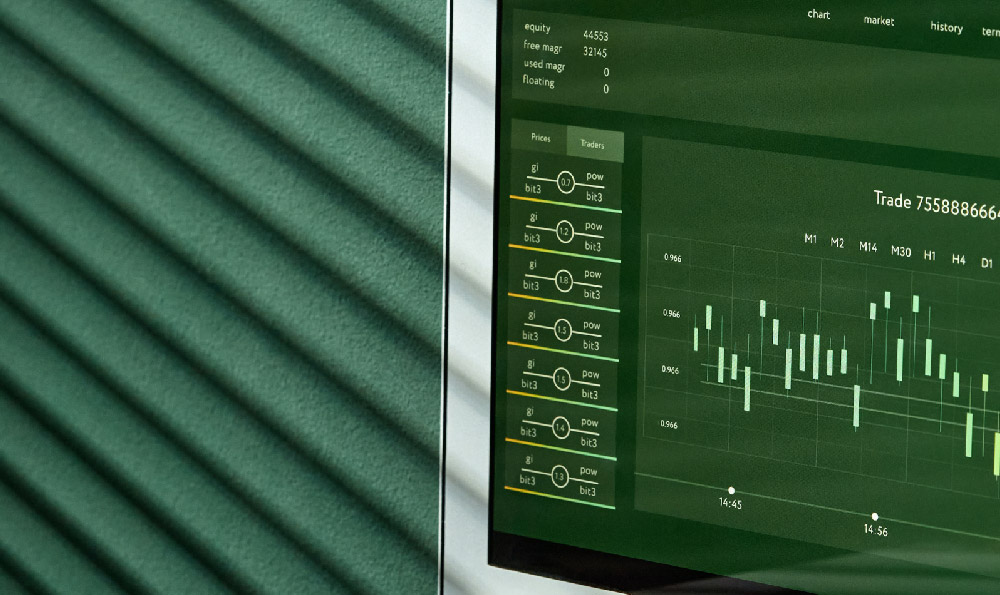How to Invest in Rental Property: Is It a Good Way to Make Money?

Investing in rental property can be a lucrative avenue to generate income and build wealth, but it’s crucial to approach it with a clear understanding of the risks, rewards, and responsibilities involved. Whether it's a "good" way to make money hinges heavily on your individual circumstances, financial goals, and tolerance for hands-on management.
Let's delve into the potential benefits and drawbacks of rental property investment, exploring the key factors that contribute to its success or failure. On the positive side, rental properties offer multiple streams of income. Firstly, you receive consistent cash flow in the form of rent payments from tenants. This predictable income stream can provide financial stability and contribute towards your overall financial freedom. Secondly, rental properties offer the potential for appreciation in value over time. Real estate, historically, has demonstrated a tendency to increase in value, meaning your initial investment could grow substantially as property values rise in your chosen market. Thirdly, there's the benefit of tax advantages. Depreciation, mortgage interest, property taxes, and even some repair costs can often be deducted from your taxable income, effectively lowering your tax burden. Fourthly, rental income can serve as a hedge against inflation. As the cost of living rises, you can typically increase rent prices to keep pace with inflation, protecting your purchasing power. Lastly, you're building equity in a tangible asset. With each mortgage payment, you're increasing your ownership stake in the property, building long-term wealth that can be leveraged for future investments.
However, it’s equally important to acknowledge the challenges and risks associated with rental property investment. Managing rental properties requires time, effort, and potentially, a significant investment in property maintenance. Finding reliable tenants can be challenging, and dealing with tenant issues such as late payments, property damage, or eviction procedures can be stressful and time-consuming. Unexpected maintenance costs, such as plumbing repairs, roof replacements, or appliance failures, can significantly impact your profitability and strain your budget. Vacancy periods, where your property is unoccupied, can lead to a loss of rental income and create financial strain. Changes in the local real estate market, such as declining property values or increased competition from other rental properties, can negatively affect your investment. Rising interest rates can increase your mortgage payments, impacting your cash flow and profitability.

Therefore, before diving into the world of rental properties, it's essential to conduct thorough due diligence. Start by analyzing your personal finances. Do you have a sufficient down payment, including closing costs? Can you comfortably afford the mortgage payments, property taxes, insurance, and potential maintenance expenses, even if the property is vacant for a period of time? It's prudent to have a financial cushion to cover unexpected costs and periods of vacancy. Next, research potential markets meticulously. Look for areas with strong job growth, increasing population, and a healthy rental market. Consider factors like proximity to schools, transportation, and amenities, as these will influence the desirability of your property to potential tenants. Analyzing local rental rates and vacancy rates will help you determine the potential cash flow of a property. Then, thoroughly inspect any property before making an offer. A professional home inspection can identify potential problems, such as structural issues, plumbing problems, or electrical hazards, allowing you to negotiate repairs with the seller or walk away from the deal if the issues are too significant. After that, carefully screen all potential tenants. Conduct background checks, verify their employment history, and contact their previous landlords to assess their reliability and responsibility. A well-written lease agreement is crucial. It should clearly outline the terms of the tenancy, including the rent amount, payment schedule, responsibilities for maintenance and repairs, and consequences for violating the lease.
Once you become a landlord, be prepared to manage the property effectively. Respond promptly to tenant requests and address any maintenance issues in a timely manner. Maintain good communication with your tenants to foster a positive relationship and minimize potential problems. Regularly inspect the property to ensure it is being properly maintained and to identify any potential issues before they escalate. If you are unable or unwilling to manage the property yourself, consider hiring a property manager. They can handle tenant screening, rent collection, maintenance, and other tasks, freeing up your time and reducing your stress. However, be prepared to pay a fee for their services, which will impact your overall profitability.
Finally, it's wise to consider diversifying your investment portfolio. Don't put all your eggs in one basket by investing solely in rental properties. Diversifying across different asset classes, such as stocks, bonds, and mutual funds, can help mitigate risk and improve your overall investment returns.
In conclusion, investing in rental properties can be a rewarding way to generate income and build wealth, but it's not a guaranteed path to riches. Success requires careful planning, thorough research, diligent management, and a willingness to adapt to changing market conditions. If you are prepared to put in the time, effort, and resources necessary to manage rental properties effectively, it can be a valuable addition to your investment portfolio. However, if you are not comfortable with the responsibilities of being a landlord, there are other investment options that may be more suitable for your needs. Carefully assess your individual circumstances, financial goals, and risk tolerance before making a decision.















